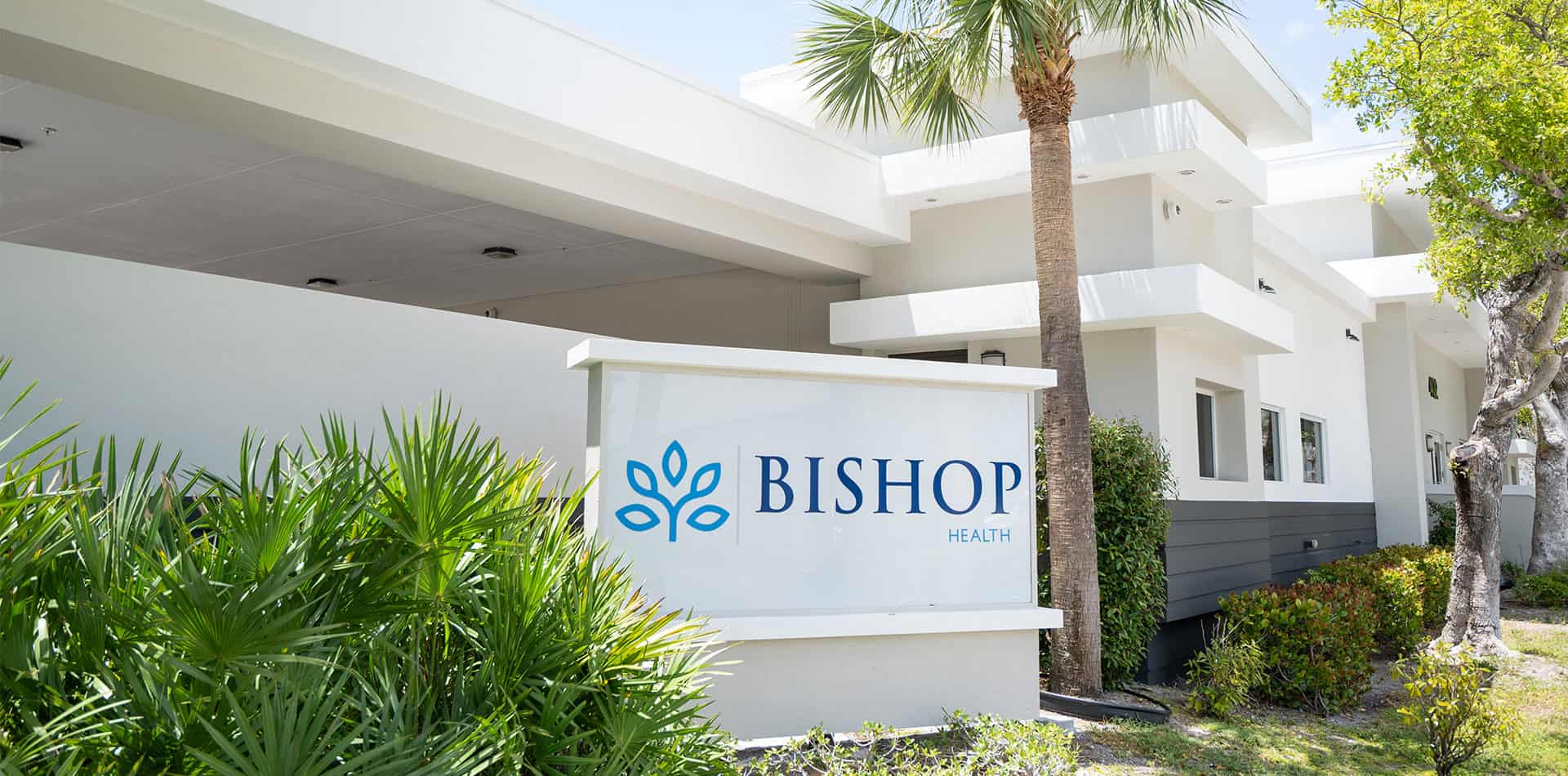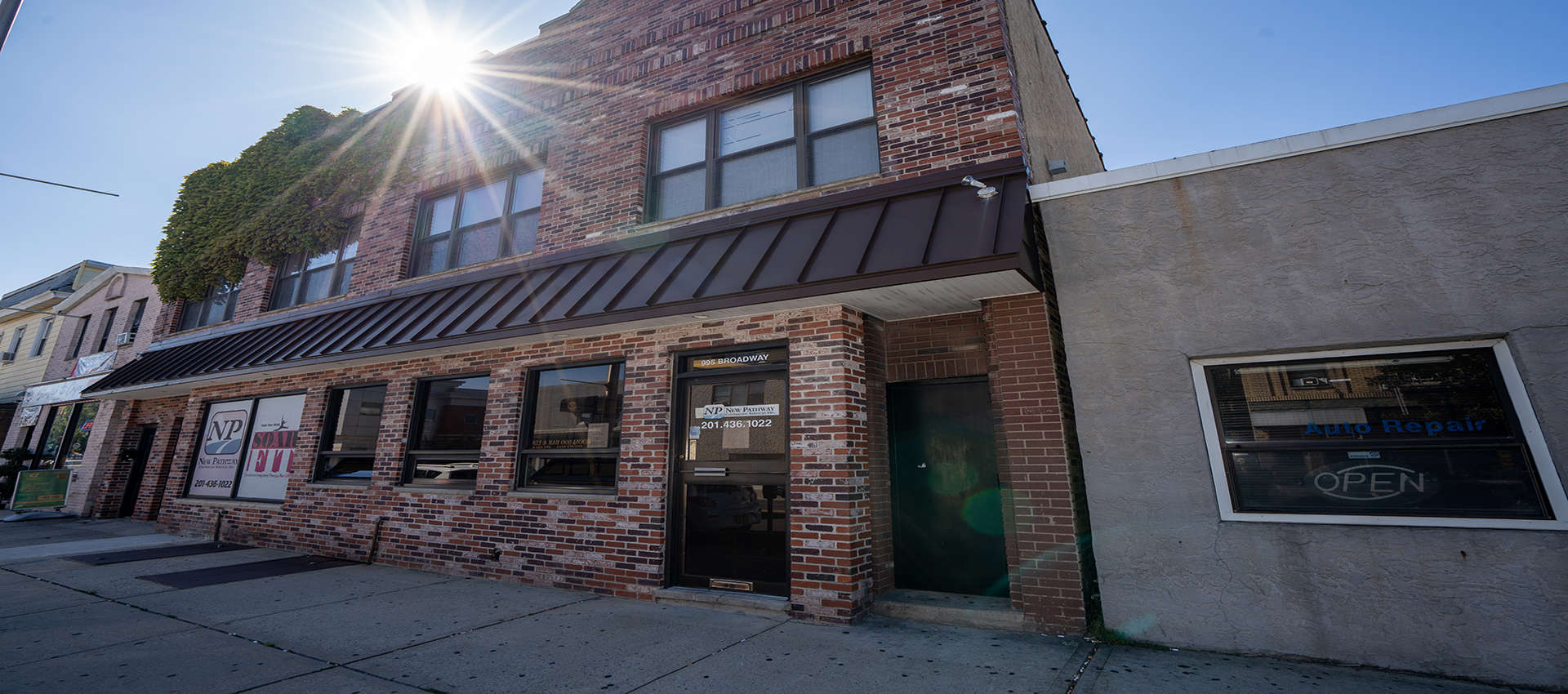Obsessive Compulsive Disorder (OCD) Treatment
What you will learn:
- Common misconceptions about OCD and how it differs from occasional intrusive thoughts and habits.
- How OCD impacts daily life, from relationships to work performance to physical well-being.
- Guardian Recovery’s cutting-edge treatment options, including IOP, individual therapy, medication management, and innovative therapies.
We Specialize In Mental Health Treatment
"*" indicates required fields
By selecting this checkbox and entering mobile number I agree to receive GR Support from Guardian Recovery Network Holdings LLC. Message frequency varies. Text HELP to 96909 for help, Text STOP to 96909 to end. Msg&Data Rates May Apply. By opting in, I authorize Guardian Recovery Network Holdings LLC. to deliver SMS messages using an automatic dialing system and I understand that I am not required to opt in as a condition of purchasing any property, goods, or services. By leaving this box unchecked you will not be opted in for SMS messages at this time. Click to read Terms and Conditions & Privacy Policy.
Every minute spent trapped in the cycle of obsessive compulsive disorder (OCD) is a minute too long. Perhaps you’ve tried to break free on your own, or maybe you’re taking your first brave step toward seeking help. Whatever your story, Guardian Recovery can help you write its next chapter. We see beyond the diagnosis to the person you are and the life you deserve to live—free from the constraints of obsessive thoughts and compulsive behaviors.
Our approach is different because we understand that your experience with OCD is uniquely yours. Through our innovative treatment options and specialized IOP program, we’ve created a path to recovery that adapts to you, not the other way around. Here, you’ll find more than treatment; you’ll discover a partnership dedicated to your transformation and long-term wellness.
What is OCD?
OCD is a complex and often debilitating type of anxiety disorder characterized by persistent, intrusive thoughts (obsessions) and repetitive behaviors or mental acts (compulsions). Individuals with OCD may feel trapped in a cycle of anxiety, where their obsessions drive them to perform compulsions in an attempt to alleviate their distress. According to the National Institute of Mental Health the disorder affects an estimated 2.3% of U.S. adults during their lifetime.1
While OCD can manifest in various forms and impact individuals differently, it’s essential to recognize that seeking help can lead to significant improvement. Understanding OCD is crucial not only for those who suffer from it but also for their loved ones. The stigma surrounding mental health can often lead to isolation, misunderstanding, and a reluctance to seek treatment. But at Guardian Recovery, we are committed to demystifying OCD and offering hope to those affected.
Helpful, Recovery
Resources
- What We Treat
- Recovery Tips
- Frequently Asked Questions
- Insurance Check
- Ask a Question
Symptoms of OCD: Obsessions & Compulsions
OCD symptoms can manifest in various forms, but they generally fall into two main categories: obsessions and compulsions.2
- Obsessions are unwanted thoughts, images, or urges that cause significant anxiety. Common obsessions include fears of contamination, worries about harming oneself or others, or the need for symmetry and order. These intrusive thoughts can be distressing and persistent, consuming an individual’s mental energy and leading to debilitating anxiety.
- Compulsions are behaviors or mental acts that individuals feel compelled to perform in response to their obsessions. These might include excessive handwashing, checking locks repeatedly, or counting to a specific number to prevent perceived negative outcomes. Although these compulsions may provide temporary relief for the anxiety, they can further entrench the cycle of OCD.
Many individuals feel isolated or embarrassed by these experiences. But it’s important to know that help is available. At Guardian Recovery, we provide a compassionate space where individuals can share their experiences and begin their healing journey.
Impact of OCD on Daily Life
The impact of OCD on daily life can be profound. Everyday activities such as going to work, maintaining relationships, or even performing basic self-care can become overwhelming challenges. The compulsive behaviors driven by obsessions can consume hours of time, leading to frustration, social withdrawal, and a decrease in overall quality of life.
Furthermore, the emotional toll of living with OCD can lead to co-occurring conditions such as depression, anxiety disorders, substance use, and low self-esteem. At Guardian Recovery, we understand that OCD does not define you and that with the right treatment, reclaiming your life is possible. Our dedicated team is here to support your journey toward healing and empowerment.
Start Healing Today!
Choose recovery and take control of your life, it’s the path to a brighter future filled with health, happiness, and fulfillment.
Guardian Recovery’s OCD Treatment Options
Guardian Recovery offers a wide range of innovative treatment options designed to address OCD comprehensively. Our approach prioritizes your unique experiences and encourages open communication throughout your recovery journey. We believe in integrating various therapeutic modalities to ensure a holistic path to recovery. Plus, our coordinated approach means that providers regularly confer with one another on your progress, needs, and treatment, fostering improved outcomes.
Intensive Outpatient Program for Mental Health
Our intensive outpatient program (IOP) is a unique offering in the mental health field, providing structured support for individuals struggling with OCD. This program allows clients to engage in therapeutic activities while maintaining their daily routines, making it a flexible and effective option for many. The program features individual counseling once a week, psychiatry and medication management services monthly, and 3-hour group therapy sessions that meet 3 or 4 times per week. Moreover, our IOP incorporates skill-building sessions that equip clients with tools to manage their OCD symptoms effectively. By focusing on real-world application, participants can practice these skills in their daily lives, promoting lasting change and resilience.
Individual Counseling
Personalized individual counseling is at the heart of our treatment philosophy. Our skilled therapists work closely with clients to explore the roots of their OCD symptoms, helping them develop effective coping mechanisms. Each session is tailored to address specific concerns and is designed to empower clients on their journey to recovery. In individual counseling, clients can express their fears and frustrations in a confidential and supportive environment, allowing for deeper exploration of their thoughts and behaviors.
Innovative Treatment Options: TMS & Spravato
Guardian Recovery is committed to staying at the forefront of mental health treatment. Transcranial magnetic stimulation (TMS) and Spravato (esketamine) are part of our innovative treatment options. TMS is a non-invasive procedure that uses magnetic fields to stimulate nerve cells in the brain, reducing OCD symptoms. Spravato, a fast-acting nasal spray, has shown promise in treating treatment-resistant OCD, offering hope to those who have not responded to traditional therapies. Our team of specialists evaluates each client’s needs to determine the most appropriate treatment plan, ensuring that individuals receive cutting-edge care tailored to their unique circumstances.
Psychiatry and Medication Management
We understand that medication can play an essential role in managing OCD symptoms, and we work collaboratively with clients to find the right balance. Our psychiatry and medical management services include regular check-ins and adjustments to ensure that each individual receives the most effective treatment tailored to their needs. In addition to medication, our psychiatrists focus on educating clients about their treatment options and potential side effects, fostering informed decision-making. This holistic approach ensures that clients feel empowered and engaged in their recovery journey, ultimately leading to better outcomes.
Coordinated Care
At Guardian Recovery, we believe in a holistic approach to mental health care. Our providers regularly confer with one another to enhance client care, ensuring that all aspects of treatment are aligned. This coordinated approach helps create a seamless experience for clients, making the path to recovery more manageable and effective.
Virtual Treatment
Guardian Recovery’s virtual mental health therapy allows you to receive professional treatment from the comfort and privacy of your own home. Our virtual offerings include online individual counseling, virtual intensive outpatient programs (IOPs) for mental health, and a hybrid in-person/virtual IOP option at some locations. Using secure, HIPAA-compliant technology, you can engage in group sessions, individual therapy, and skill-building workshops. Online mental health care is convenient, accessible, and just as effective as traditional in-person therapy. Plus, there’s no travel time to and from a counseling office or treatment center. With Guardian Recovery, healing is just a click away.
Complimentary Insurance Check
Find Out Today!
"*" indicates required fields
Does your insurance cover mental health?

Our Locations
Our Facilities & Teams Transform Lives
Changing lives by providing comprehensive support and rehabilitation, empowering individuals to overcome addiction and regain control of their health and well-being.
Why Choose Guardian Recovery?
When you choose Guardian Recovery, you gain a valuable partner in your mental health journey. Our compassionate team is dedicated to understanding your unique experiences and creating a personalized treatment plan that addresses your specific needs. Our innovative treatments, combined with our commitment to coordinated care, set us apart in the mental health industry. With us, you are not just a client; you are a valued member of our recovery community committed to fostering healing, connection, and hope.
READY TO MAKE A CHANGE?
Your Next Steps
How to Get Started
Taking the first step toward recovery is often the hardest part. At Guardian Recovery, we are here to support you every step of the way.
To get started, reach out to speak with a member of our team. Our admissions team makes the process as smooth and stress-free as possible, starting with a comprehensive assessment to understand your unique needs and challenges. Plus, we’ll answer your questions, help you understand your treatment options, and even verify your insurance benefits and discuss self-pay options if needed. The call is free and confidential, and you’re under no obligation to enter care with us.
Remember, you don’t have to face OCD alone. Support and healing are just a call away.
FAQs
The exact cause of OCD is not fully understood, but it is believed to arise from a combination of genetic, neurological, behavioral, and environmental factors. Research suggests that imbalances in brain chemicals, particularly serotonin, may contribute to the development of OCD. Additionally, individuals with a family history of OCD or other anxiety disorders may be at a higher risk. Traumatic experiences or significant life changes can also trigger or exacerbate OCD symptoms, highlighting the multifaceted nature of this disorder.2 and more intensive inpatient services, providing the support needed for effective and sustainable recovery.
OCD is diagnosed through a comprehensive assessment by a qualified mental health professional. This process typically involves a detailed interview, during which the clinician will ask about your symptoms, their duration, and how they affect your daily life. Standardized diagnostic tools, such as the DSM-5 criteria, may also be used to determine the presence of obsessions and compulsions. To ensure an accurate diagnosis, it is essential to rule out other mental health conditions that may present similar symptoms.
Several types of therapy have been shown to be effective for treating OCD, with cognitive behavioral therapy (CBT) being the most widely recognized. Within CBT, exposure and response prevention (ERP) is particularly effective, as it helps you confront your fears in a controlled manner while reducing the compulsive behaviors associated with those fears. Other therapeutic approaches, such as mindfulness-based interventions, can also be beneficial for some individuals. Our team at Guardian Recovery utilizes a range of therapeutic modalities to tailor treatment to each client’s specific needs.
While medications can be an essential component of OCD treatment, they are not always necessary for everyone. Some individuals may find significant relief through therapy alone, particularly when utilizing evidence-based approaches like CBT and ERP. However, for others, medications such as selective serotonin reuptake inhibitors (SSRIs) can enhance the effectiveness of therapy and help manage symptoms more effectively. At Guardian Recovery, we conduct comprehensive evaluations to determine the most appropriate course of action for each client, considering their preferences, symptoms, and treatment goals.
Yes, OCD symptoms can change over time, often fluctuating in intensity and severity. Some individuals may experience periods of remission where symptoms are minimal or absent, while others may encounter exacerbations due to stress, life changes, or other factors. Additionally, as individuals grow and develop coping strategies, their relationship with their OCD symptoms may evolve. At Guardian Recovery, we emphasize the importance of ongoing support and monitoring to address these changes and adapt treatment as needed.
Yes, we offer telehealth services for many of our treatment options, including individual therapy and IOP in some locations. Additionally, our IOPs in New Jersey offer hybrid models comprising both in-person and online care. This provides flexibility and accessibility while maintaining the high quality of care you expect from Guardian Recovery.
Sources
- National Institute of Mental Health. (2024). Obsessive-Compulsive Disorder (OCD).
- National Institute of Mental Health. (2024). Obsessive-Compulsive Disorder.
Reviewed professionally for accuracy by:

Ryan Soave
L.M.H.C.
Ryan Soave brings deep experience as a Licensed Mental Health Counselor, certified trauma therapist, program developer, and research consultant for Huberman Lab at Stanford University Department of Neurobiology. Post-graduation from Wake Forest University, Ryan quickly discovered his acumen for the business world. After almost a decade of successful entrepreneurship and world traveling, he encountered a wave of personal and spiritual challenges; he felt a calling for something more. Ryan returned to school and completed his Master’s Degree in Mental Health Counseling. When he started working with those suffering from addiction and PTSD, he found his passion. He has never looked back.




